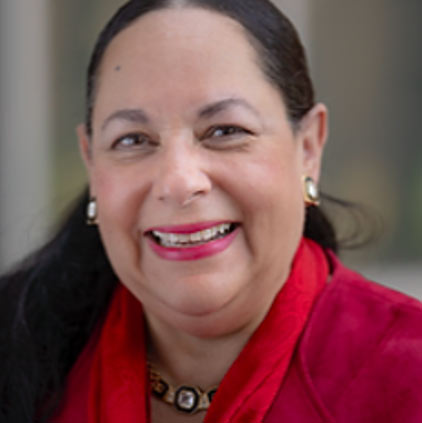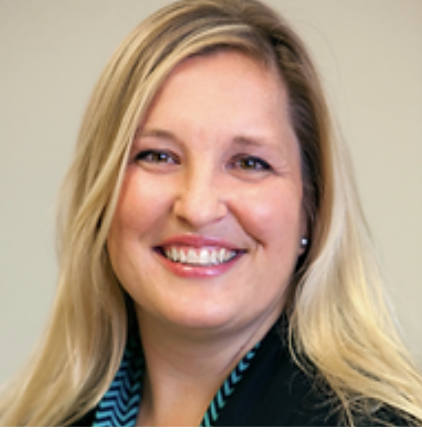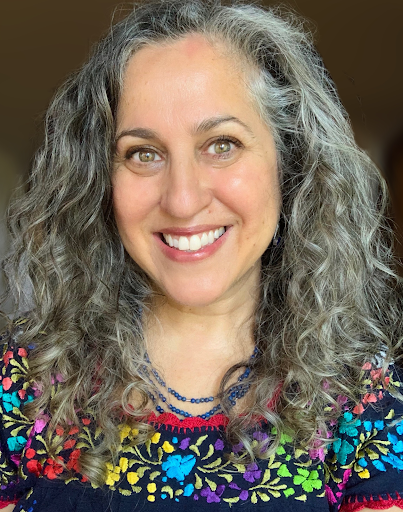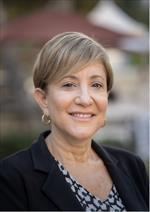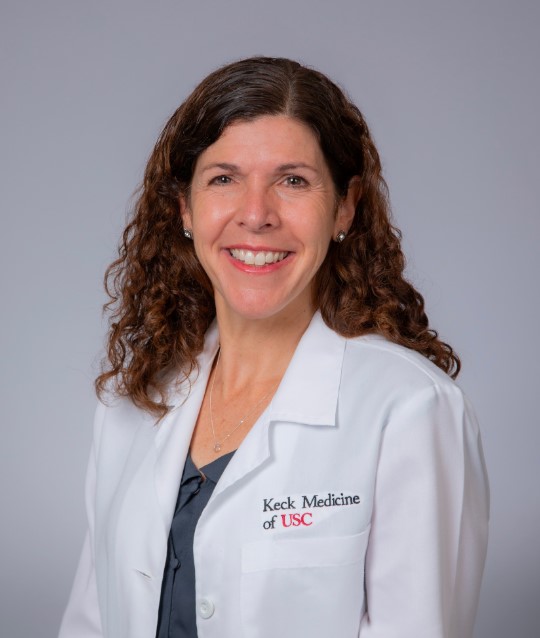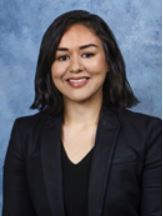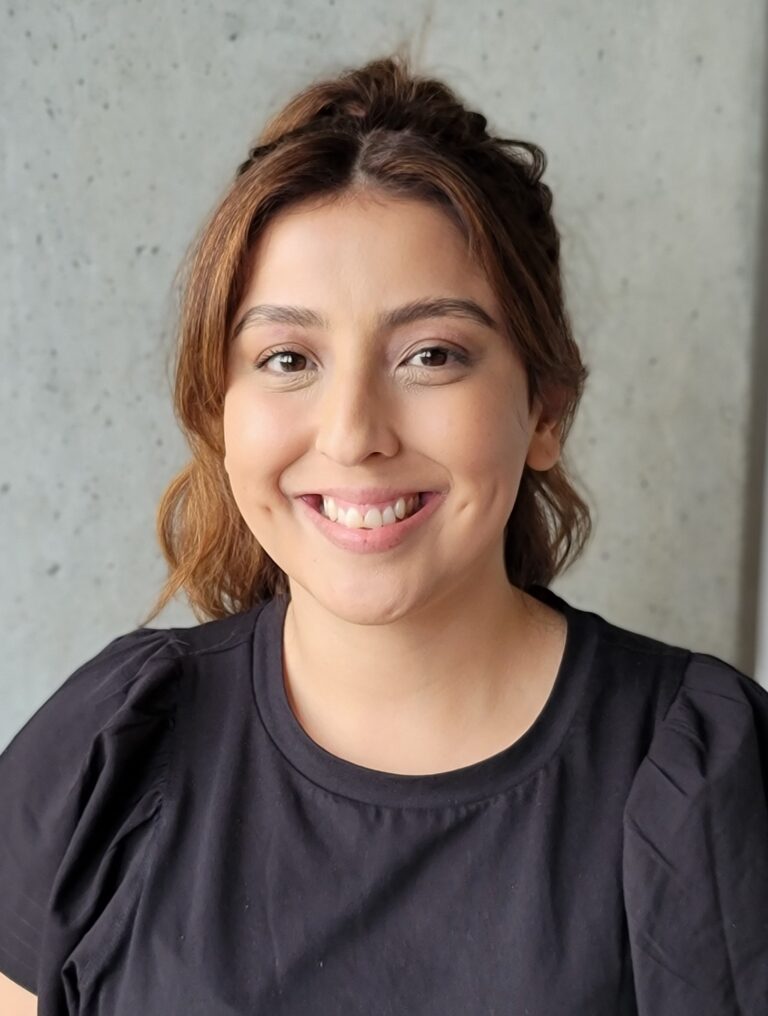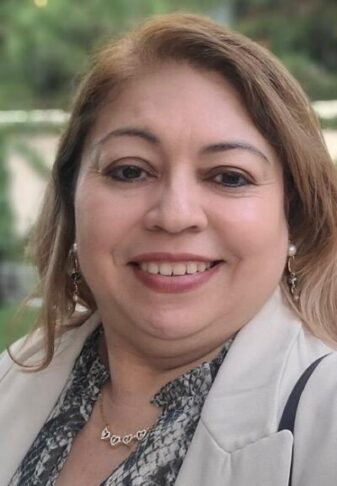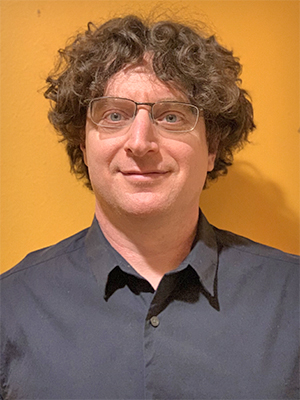Our unit is dedicated to conducting rigorous research to generate evidence-based best practices and by validating culturally specific tools for optimizing Hispanic patient engagement and empowerment. We do this via an iterative process of experimentation, evaluation, implementation and re-evaluation. We do our work in partnership with a community advisory committee, the Patient Engagement Unit (PEU), and health providers. The feedback we receive from providers helps us inform the patient workflow used by the PEU. Our bidirectional communications with the PEU and health providers will result in novel and innovative strategies for engagement optimization.
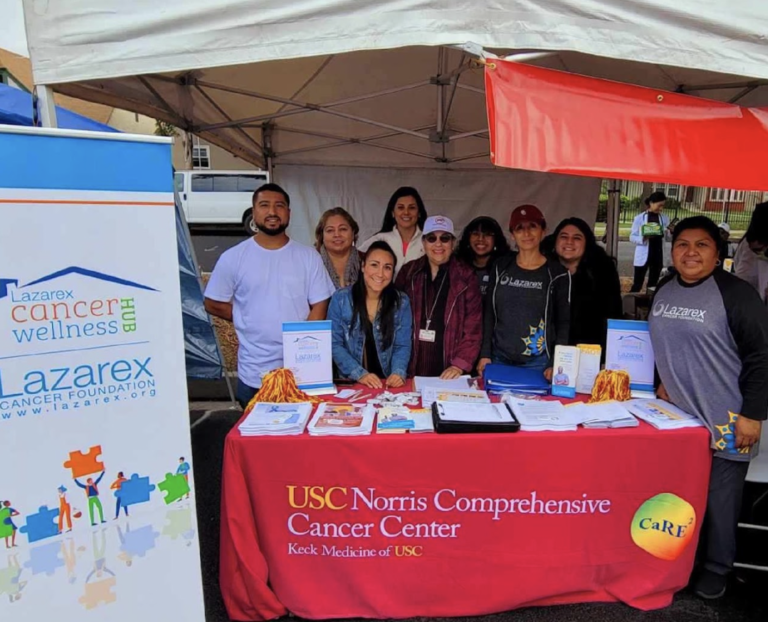
Our multidisciplinary team includes bilingual scientists with expertise in community outreach and engagement, behavioral sciences, implementation sciences, cancer epidemiology, and genetic counseling. Our team is passionate about reducing cancer health disparities and improving healthcare outcomes among the Hispanic community.
At the heart of our engagement optimization work is “Empowerment”. This is the belief one can make important life decisions in an informed way, has sufficient information, and understands the information to aid in decision-making. Our goal is to optimize engagement processes and materials so that Hispanic cancer patients can feel empowered as they navigate their cancer care journey.
We utilize a Cultural and Linguistic Adaptive Framework (CLAF), enhanced with communitybased participatory principles and bidirectional engagement at different phases of our research with H/L participants (1,2). We also utilize Paolo Freire’s Popular Education Empowerment framework to improve reach to our population (3-6). We work with Hispanic cultural alues of “familismo”, “respeto”, “personalismo”, and “simpatia” (familism, respect, personalization, agreeable relations) among others (7) to develop, test, implement to improve engagement in genetics and genomic characterization in colorectal cancer and for optimization of study materials. Our approach utilizes Gerardo Marin’s model for conducting research with Hispanic populations (8). This allows us to better reach Hispanic populations and to empower them and their families in information seeking, research engagement, and communication with their families, providers and the research team. This research incorporated Barbara Israel’s Community-Based Participatory principles to engage participants from study design through all research phases, including dissemination (2).

1. Ko LK, Reuland D, Jolles M, Clay R, Pignone M. Cultural and linguistic adaptation of a multimedia colorectal cancer screening decision aid for Spanishspeaking Latinos. J Health Commun 2014;19(2):192-209 doi 10.1080/10810730.2013.811325.
2. Israel B, Schurman S, Hugentobler M. Conducting action research: relationships between organization members and researchers. J Appl Behav Sci 1992;28:74-101.
3. Gadotti M, Torres C. Paulo Freire: Education for Development. Development and Change 2009;40(6):1255-67.
4. Torres C, Fischman G. Popular education: Building from experience. New Directions for Adult & Continuing Education 1994;63:81-92.
5. Freire P. Education, the Practice of Freedom. London: Writers and Readers Publishing Cooperative; 1967-1976.
6. Freire P. Pedagogy of the Oppressed. New York: Herder and Herder; 1968-1970.
7. Garcia AA, Zuniga JA, Lagon C. A Personal Touch: The Most Important Strategy for Recruiting Latino Research Participants. J Transcult Nurs 2017;28(4):342-7 doi 10.1177/1043659616644958.
8. G M, BV M. Research with Hispanic Populations. SAGE Publications; 1991
